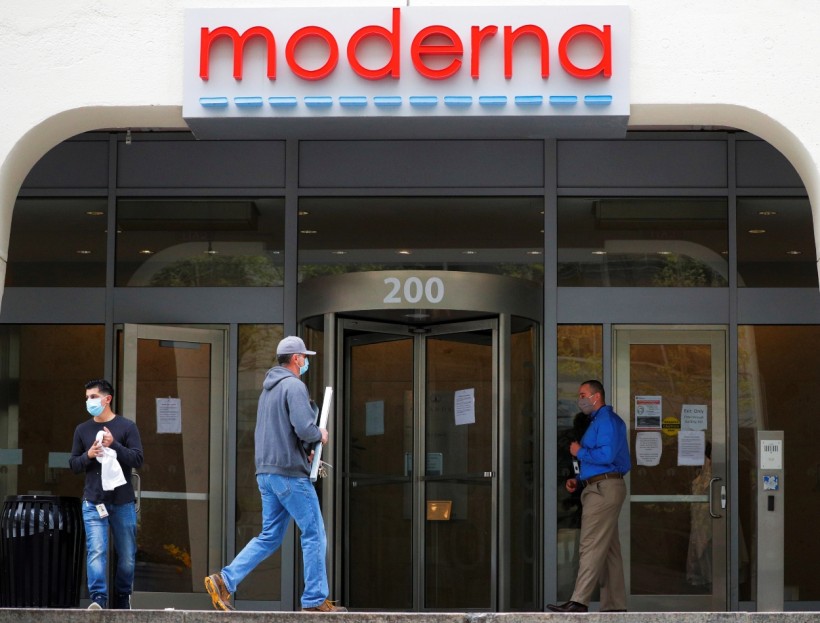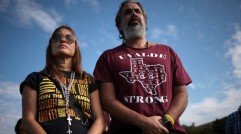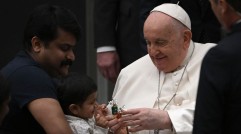COVID-19 Vaccine: First Human Trials Offer Promising Results. Here's Everything You Need to Know

A U.S. manufacturer has revealed the first results from a coronavirus vaccine human trial on Monday. The preliminary findings may offer the end to the rapidly spreading pandemic.
Moderna announced it produced promising results after conducting the first COVID-19 vaccine trials in people. The study involved a group of eight healthy volunteers who were given two doses of the experimental vaccine. Researchers involved in the test said the volunteers developed antibodies that matched those seen in people who recovered from the virus.
According to the National Institutes of Allergy and Infectious Diseases, the neutralising antibodies seen in the eight volunteers effectively stopped the virus from replicating. Higher doses of the vaccine were also found to produce more antibodies in the volunteers. They also claimed the vaccine is safe for use in humans.
While the volunteers have produced neutralisers, it is still unknown whether the antibody response will last or if it is enough to prevent people from contracting the deadly virus.
The preliminary study was conducted to ensure safety and does not demonstrate that the treatment will work. However, it serves as a sign of encouragement for medical experts and governments around the world.
Moderna is set to repeat the procedure during the second phase of the vaccine trials. The next step will involve over 600 people and is expected to begin in July. The U.S. firm used a new technology that involves genetic material from the coronavirus.
Moderna was the first to run a clinical trial using an RNA vaccine. The company's mRNA or "Messenger RNA" approach reportedly uses a genetic framework designed to be adaptable for each new virus threat. Researchers for the manufacturer said they were running on an accelerated time table. Should the trials go well, doses of the vaccine might become available to the general population before the year ends or in early 2021.
The people involved in the clinical trial's Phase I study were health volunteers aged 18 to 55. The manufacturer is still in the early stages of testing and is continuing the first phase with to more age groups-55 to 70, and 71 and above. There have been no mentions whether or not they plan to include children in the study. The data from the tests were submitted to the U.S. Food and Drug Administration and will likely be publicly available this summer.
Dozens of different companies and institutions across the globe are racing to develop a vaccine, many believe as the only hope of stopping the disease. Several manufacturers such as Pfizer and the University of Oxford began conducting human trials. The World Health Organization has recorded 76 vaccine contenders, each using a different approach.
The University of Oxford also published the result of its safety trails conducted in macaque monkeys. The vaccine successfully prevented the monkeys from developing pneumonia. However, it did not prevent them from contracting the virus.
Medical experts believe developing multiple vaccines is essential. They claim the global need for billions of doses will likely be impossible for a single manufacturer to produce. According to a media site, the United States alone may need over 300 million vials of the vaccine, 600 million if two shots are required.
Want to read more? Check these out:
- Financial Aid for Undocumented Immigrants in California Ready for Distribution
- Federal Authorities Find Evidence of Hackers Stealing Millions of Dollars Meant For Unemployed Americans
- Without a Leader, Commision Formed to Oversee COVID-19 Relief Struggles
Subscribe to Latin Post!
Sign up for our free newsletter for the Latest coverage!














